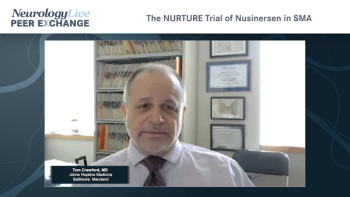
Experts in neurology Tom Crawford, MD and Claudia Chiriboga, MD, MPH discuss the impact of the NURTURE trial of nusinersen in patients with presymptomatic SMA.

Experts in neurology Tom Crawford, MD and Claudia Chiriboga, MD, MPH discuss the impact of the NURTURE trial of nusinersen in patients with presymptomatic SMA.
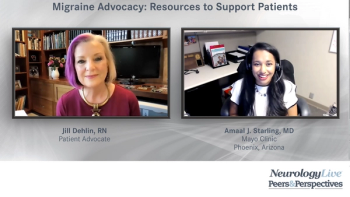
Educational resources that health care professionals should consider recommending to help support patients with migraine.
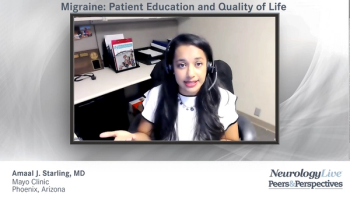
Dr Amaal J. Starling describes her approach to educating patients on treatments for migraine and explains why shared decision making is so important.
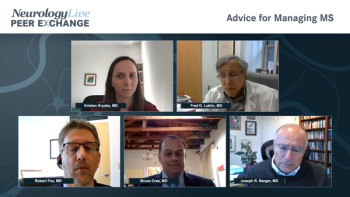
Joseph R. Berger, MD, and Fred D. Lublin, MD, offer advice to community physicians and neurologists in managing patients with multiple sclerosis.
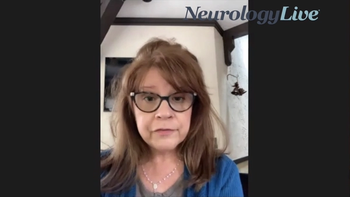
The director of the sleep disorders center at Cleveland Clinic discussed the data on lower sodium oxybate presented at AAN 2021.

Discussion of micro-dystrophin, its place in gene therapy, and relevance in the clinical setting in relation to Duchenne muscular dystrophy.
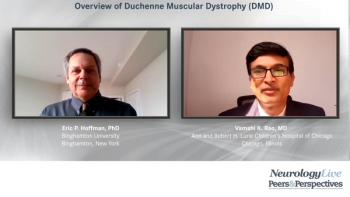
Vamshi K. Rao, MD, and Eric P. Hoffman, PhD, review Duchenne muscular dystrophy and the mutations involved.
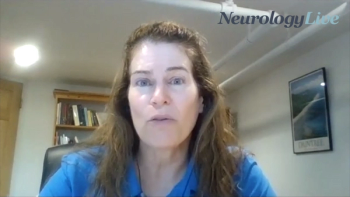
The senior director of patient management, care, and rehabilitation research at the National MS Society discussed her recently published paper that called for progressive MS research.

The director at AbbVie discussed the timeline for when a regulatory decision may come for migraine treatment atogepant, and whether additional trials are necessary.
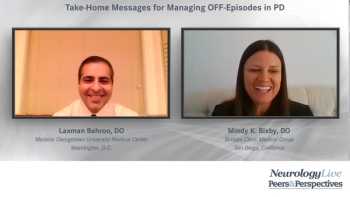
Mindy K. Bixby, DO and Laxman Bahroo, DO give key advice to community neurologists and emphasize the importance of effective communication between patients and providers.
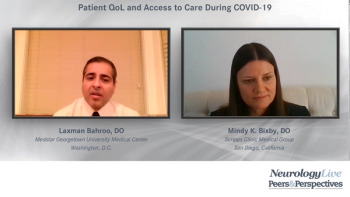
Key opinion leaders in Parkinson’s Disease discuss the importance of improving quality of life and access to care when managing OFF episodes for patients during COVID-19.

Key opinion leaders consider the importance of respiratory care in ALS by discussing immunization against respiratory illness as well as the use of non-invasive ventilation.
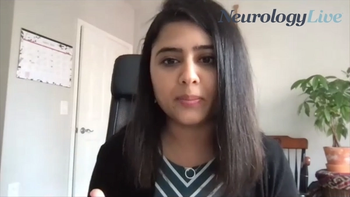
The vascular neurology fellow at the University of Maryland Medical Center discussed her study’s findings as well as further research she would like to conduct.

The clinical research director at the UCSF Multiple Sclerosis Center shared some of the takeaways from his research for the clinical community of specialists treating patients with NMOSD.
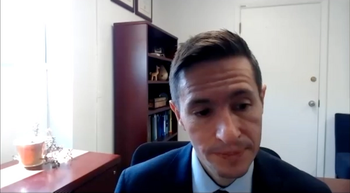
The associate professor of Neurology at the Cleveland Clinic Lerner College of Medicine of Case Western Reserve University discussed the potential of a data-driven approach to classifying patients with MS.

Panelists share approaches for building a dialogue on life sustaining care such as invasive ventilation and discuss the importance of social and cultural factors for patients and families.
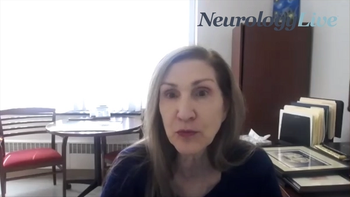
The chief of neurology at Ascension Saint Agnes discussed the interventions her team implemented to improve patient-specific stroke discharge instructions.

The staff neurologist at the Mellen Center for Multiple Sclerosis Treatment and Research at Cleveland Clinic discussed how novel dexterity measurements can improve prognostication of disease progression.
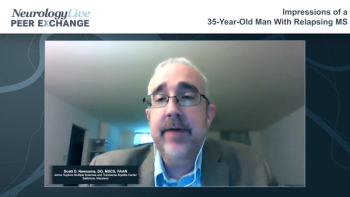
Impressions of exam results and the prognosis for a 35-year-old man who presents with progressive numbness and weakness in his left arm and leg.
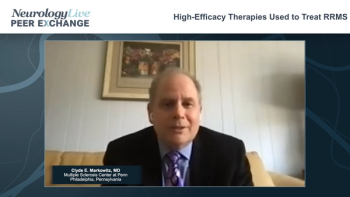
An overview of high-efficacy therapies available to treat patients with relapsing-remitting multiple sclerosis.
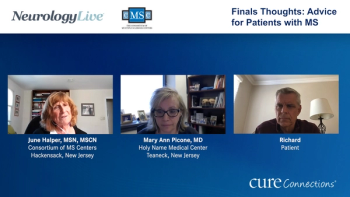
Final thoughts from participants on accepting help from others and listening to your body when you feel something is not right with multiple sclerosis.
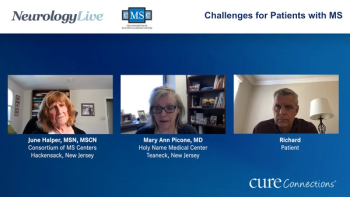
Mary Ann Picone, MD, suggests that 1 of the biggest challenges is patients without strong support networks.

The associate professor of neurology at Columbia University and medical consultant and care center director at the Muscular Dystrophy Association spoke to the importance of staying up on the latest developments in ALS and keeping patients in the loop on that information.

The associate professor of neurology at Columbia University and medical consultant and care center director at the Muscular Dystrophy Association discussed the use of larger datasets to improve prognostication and clinical trials in ALS.
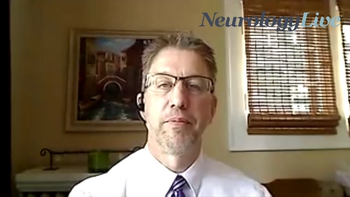
The Vice-Chair for Research at the Cleveland Clinic Neurological Institute discussed his team’s efforts to find the minimally effective dose of IMU-838.
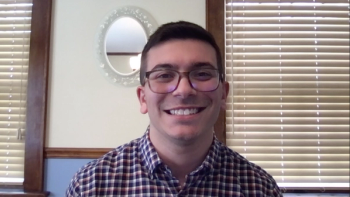
Neurology News Network for the week ending May 8, 2021.
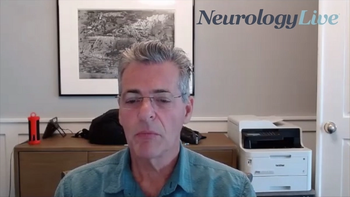
The Ralph and Luci Schey Chair and Director of the Schey Center for Cognitive Neuroimaging at Cleveland Clinic discussed his team’s investigations presented at the 2021 AAN Annual Meeting.
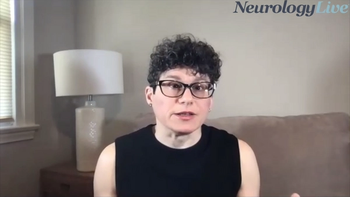
The associate professor and director of the Headache Medicine Fellowship Program at Thomas Jefferson University detailed the ways clinicians can tailor their treatment regimens better.
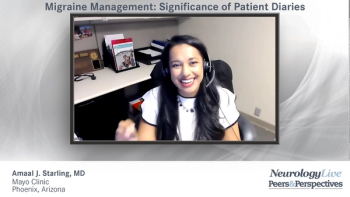
Limitations of current pain scales used by health care professionals who manage patients with migraine, and considerations for using patient diaries to help monitor symptoms and recommend appropriate therapy.

An overview regarding the various phases of migraine and recommendations for using empowering language when educating patients on what to expect from attacks.